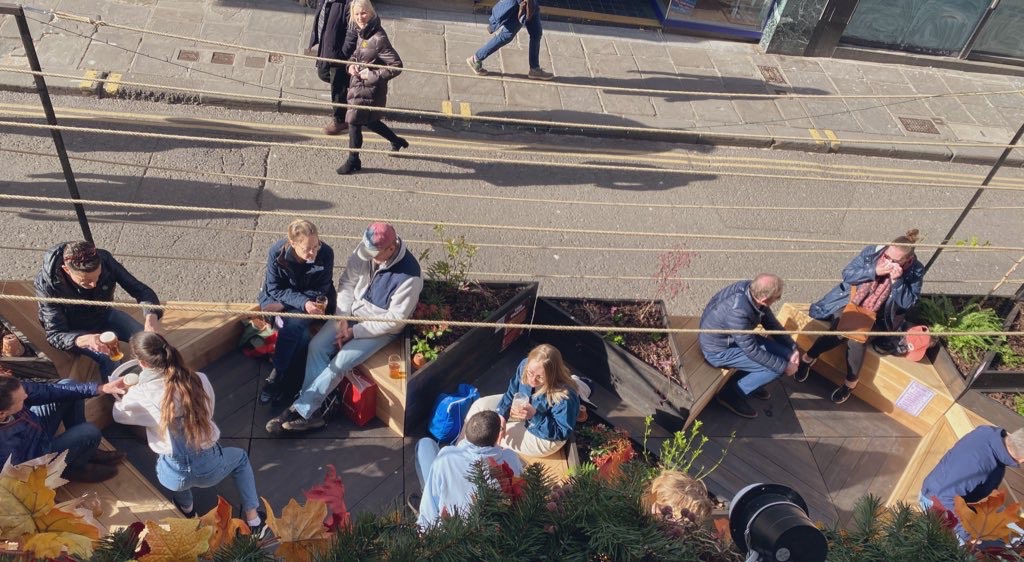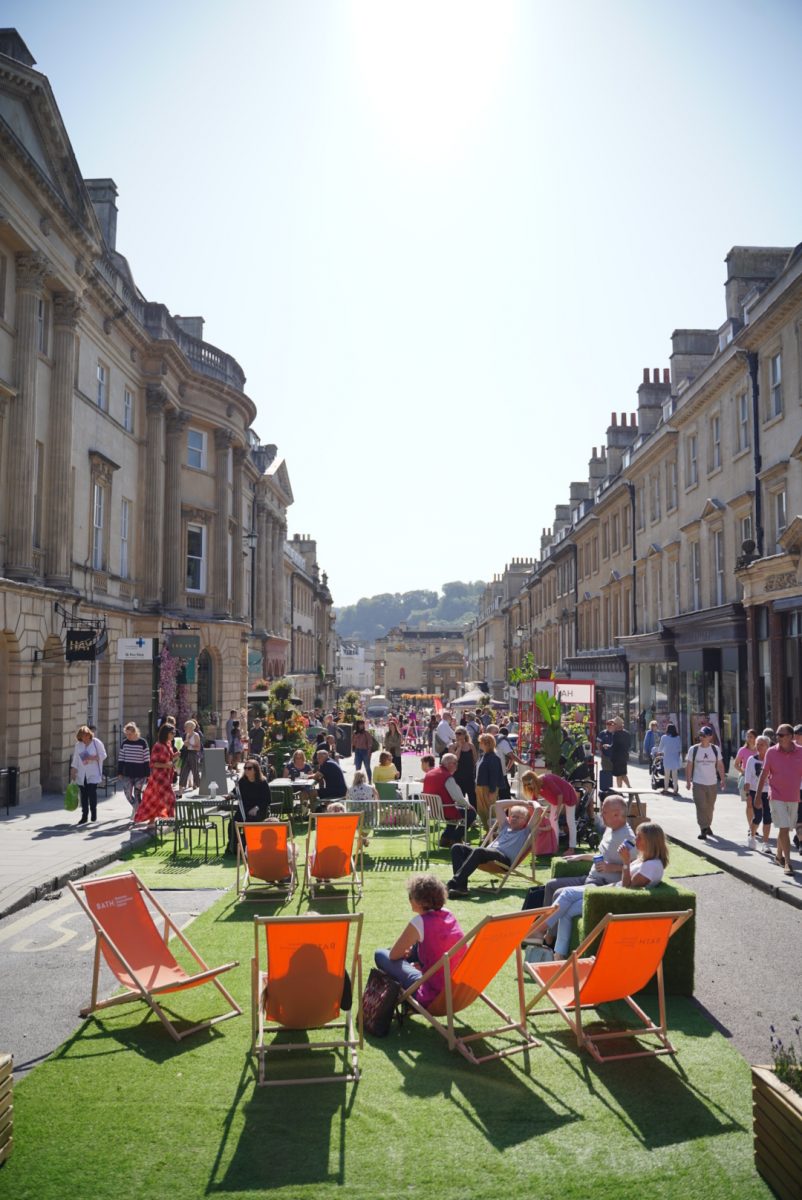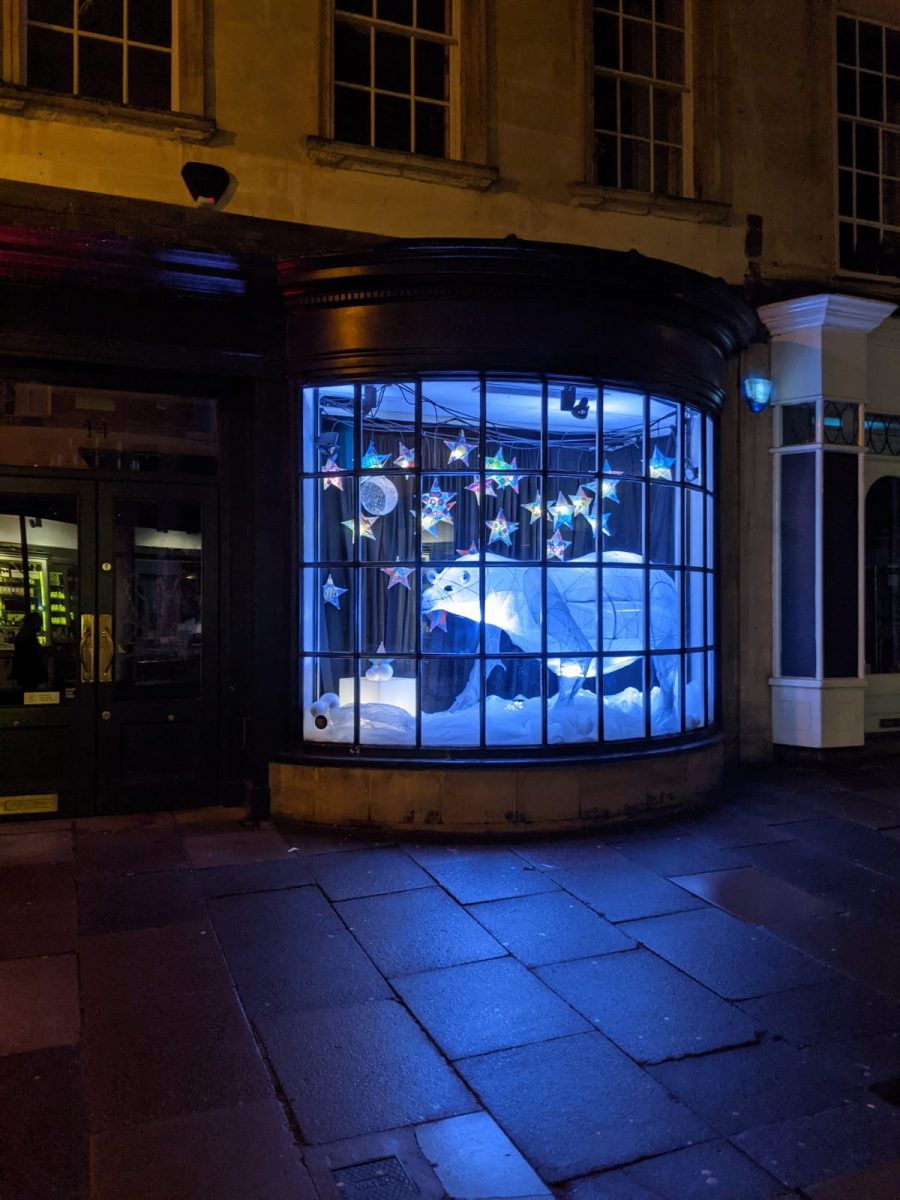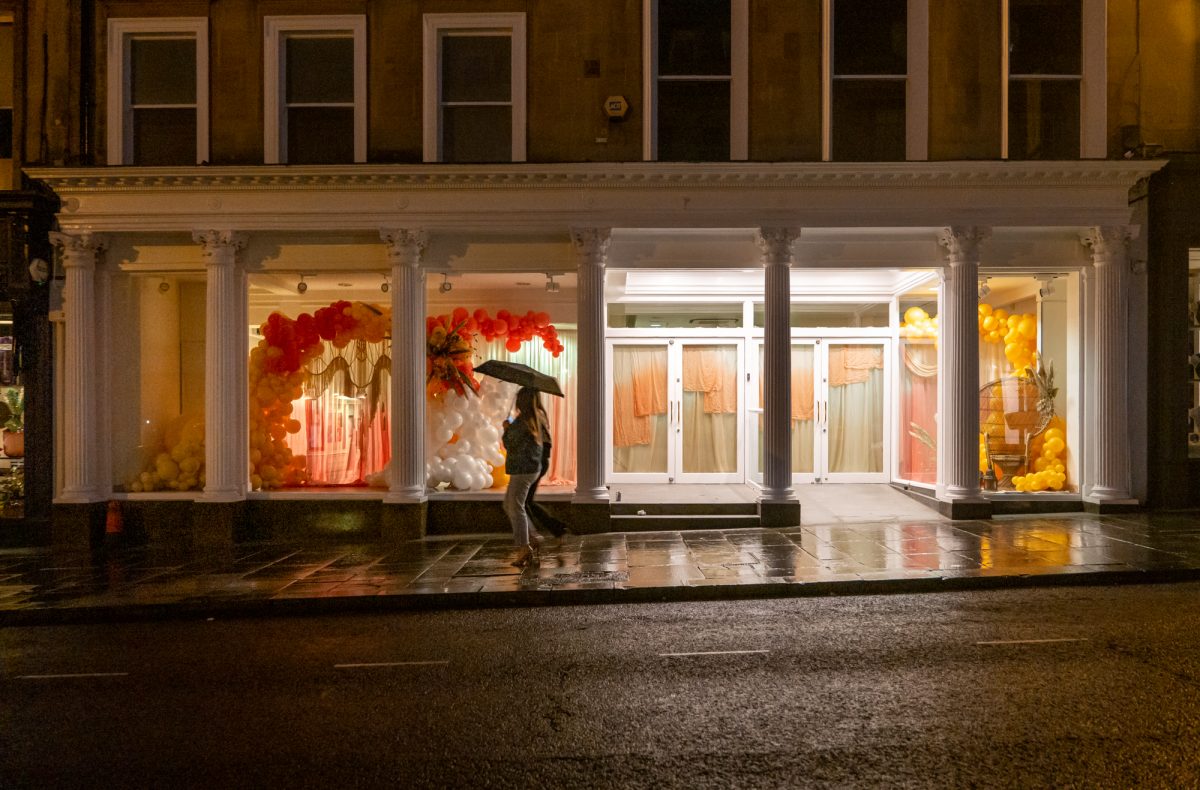
What is the future for High Streets – and how can design professionals support a greener future?
Wendy Maden, Senior High Streets Renewal Designer & Project Manager at Bath & North East Somerset Council, and DCFW Panel Member
In recent years, changing lifestyles and the growth of online commerce have had a substantial impact on high street businesses. Challenging trading conditions have been made much worse by the effects of Covid-19 restrictions on shops, hospitality, and leisure facilities. A wealth of reports, comment and publications have extolled reinvention since the public health crisis, but what is possible in practice and what can we learn from?
One example is the High Streets Renewal programme in Bath & North East Somerset aims to address the decline of the high street across its city, market towns and local centres. Several projects are in design and delivery which intend to respond to the unique challenges of these areas, considering their different characters, functions, and localities.
Covid-19 has had a varied impact on the high street at different scales, from large scale closures of retail businesses across the country, to renewed interest in travelling by walking and cycling, to new reliance on local centres to shop. Lockdowns have encouraged people to make better use of their local centres and high streets, so where temporary interventions to widen footways and provide outdoor seating for businesses have been implemented to facilitate this, the opportunity could be grasped to make some of these measures more permanent to reimagine how local communities can function.
In the short term the Council is bringing forward initiatives that will protect our existing businesses and local jobs and give residents a reason to visit again. However, we also have longer term plans to help renew our high streets to prepare for the future by creating a greater variety in the mix of uses and activities.
Reclaiming Streets for People
How the high streets are perceived and how they function can help influence more sustainable changes in habits through, for example, reclaiming streets for active travel and enhancing public space. These actions make the move towards treating streets as spaces for public life, events, active travel, and community, rather than heavily trafficked highways.
- Delivering ‘parklets’ - an area of seating and planting which can sit in the space of a standard parking bay to reclaim highway as public space, which introduce urban greening and increase dwell time in the street.
- Working with a local pub to develop a business collaboration model for private parklets in the street which serve an adjacent business.
- Relocating cycle parking from the footway to car parking bays to free up space for pedestrians and reclaim more usable public space.
- Vehicle access restrictions with bespoke gates which allow filtered permeability for cycles, cargo bikes and pedestrians.
- Greening through planters and parklets which, whilst also looking attractive, support biodiversity gain and pollinators by the inclusion of nectar-rich plants.
- Festivals and events to transform spaces and people’s perception of a street. A Car Free Day on Milsom Street reclaimed the street for a weekend of events and animation, delivered in partnership with the businesses, Business Improvement District, and other local partners.
- Consideration of the materiality and embodied carbon of street furniture and public realm measures, which included f furniture by Vestre who are aiming to build the world’s most environmentally friendly furniture factory. Although the initial costs may be higher, the long term, wider public benefits of more sustainable street furniture can make this option better value for money through its life cycle.
- An e-scooter pilot throughout Bath to encourage more sustainable travel modes throughout the city and surrounding neighbourhoods.

Reimagining the Vacant Shops
A Vacant Units Action Project has been set up to respond to increasing vacancy rates in Bath and the market towns by implementing a project to reimagine the future of high streets focusing on using vacant shops as spaces for art, community use and different types of business.
Shopfront installations could be wasteful as they are temporary in nature, however sustainability has been a thread through these animations at varying scales. Biodegradable or reusable materials have been used in shopfront installations created by local arts groups. This includes supporting artists that have installations to exhibit so empty shopfronts are used as gallery spaces for existing projects, rather than creating something new and disposable.


As part of Covid recovery, the project is delivering a High Streets Hub for businesses in Bath City Centre in a vacant unit. The fit out of the unit is being designed and delivered by a certified B Corporation, meaning that they meet the highest standards of social and environmental performance. The brief requires the use of second-hand furniture and sustainable materials to create this public-facing space.
Although the challenges of the high street post-Covid are numerous, these pilot projects are helping to demonstrate that environmental performance and sustainability need not be compromised in delivery of high quality, design-led renewal. Creative re-use of the high street and diversification of land uses are needed as the high street moves away from the classic retail model which in turn should bring people to live, work and enjoy leisure time in the city centre.

